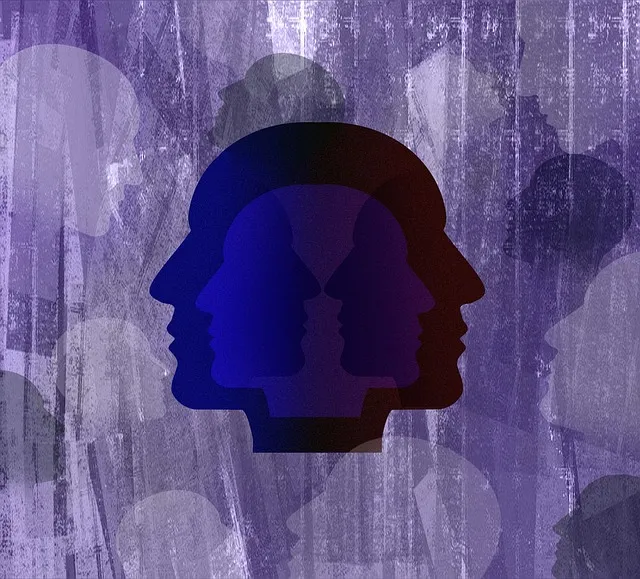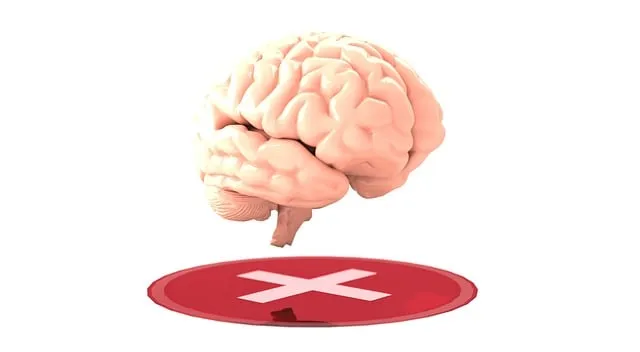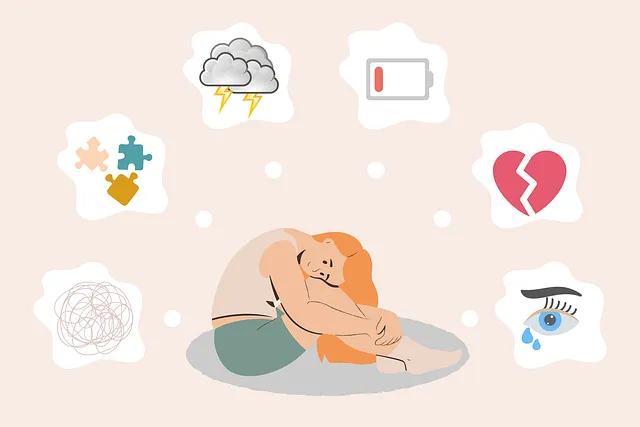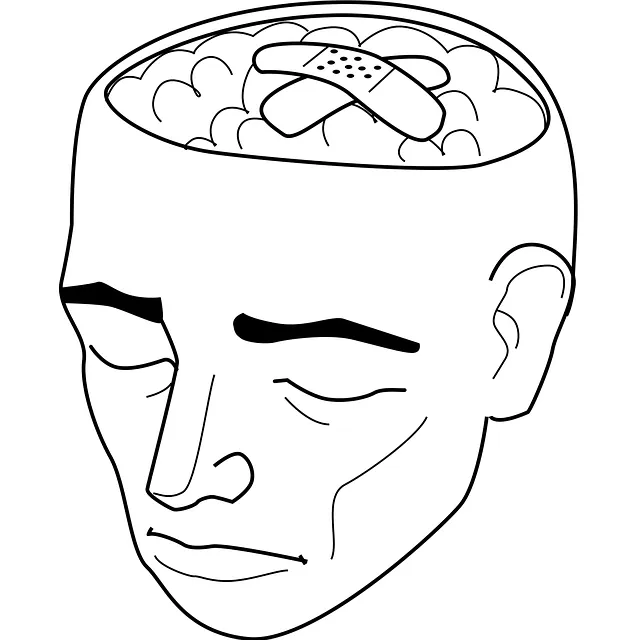Lone Tree Kaiser Permanente's Crisis Intervention Teams (CITs) provide rapid, personalized support for emotional crises, including suicidal thoughts, through multidisciplinary teams of nurses, social workers, and psychologists. Beyond crisis management, CITs foster resilience with inner strength development programs teaching positive thinking and coping strategies. Comprehensive mental health services at Lone Tree Kaiser Permanente include public awareness campaigns, mindfulness meditation workshops, and online resources, empowering individuals to navigate challenges and promote long-term mental wellness.
In today’s challenging landscape, effective crisis intervention teams (CITs) play a crucial role in enhancing mental health care. This article delves into the critical function of CITs and explores how well-structured training programs can significantly impact their effectiveness. We examine key components essential for these programs, highlighting Lone Tree Kaiser Permanente’s innovative approach to unlocking resources for mental health services, serving as a testament to its success in fostering robust CITs.
- Understanding Crisis Intervention Teams: Their Role and Impact in Mental Health Care
- Key Components of Effective Crisis Intervention Team Training Programs
- Lone Tree Kaiser Permanente's Approach: Unlocking Resources for Mental Health Services
Understanding Crisis Intervention Teams: Their Role and Impact in Mental Health Care

Crisis Intervention Teams (CITs) play a pivotal role in mental health care, offering timely support and guidance during crises. These teams are composed of healthcare professionals, often including nurses, social workers, and psychologists, who are trained to assess and de-escalate situations involving individuals experiencing severe emotional distress or suicidal ideation. By integrating CITs into the fabric of mental health services, such as those provided by Lone Tree Kaiser Permanente, healthcare providers can ensure that patients receive comprehensive care tailored to their unique needs.
The impact of CITs extends beyond immediate crisis resolution. They foster a culture of empathy and understanding, promoting Inner Strength Development through evidence-based practices like Positive Thinking and Mind Over Matter Principles. By empowering both patients and caregivers with the tools to navigate challenging situations, CITs contribute to long-term mental wellness, enhancing overall resilience and quality of life.
Key Components of Effective Crisis Intervention Team Training Programs

Effective crisis intervention team training programs are multifaceted, designed to equip healthcare professionals with the tools and knowledge needed to handle mental health crises effectively. At Lone Tree Kaiser Permanente, for instance, their mental health services number is a testament to their commitment to community support during such times. A robust program should incorporate several key components:
Firstly, these programs must focus on public awareness campaigns development. Educating the public about recognizing and responding to mental health crises can significantly reduce the burden on intervention teams. This includes training in identifying early warning signs of anxiety relief or other mental health issues. Secondly, coping skills development is paramount. Equipping individuals with strategies to manage their own mental health before, during, and after a crisis empowers them to seek help more effectively and recover faster.
Lone Tree Kaiser Permanente's Approach: Unlocking Resources for Mental Health Services

Lone Tree Kaiser Permanente takes a comprehensive approach to addressing mental health concerns within their community. Their crisis intervention team training programs focus on empowering individuals to recognize and support those in distress, especially considering the growing need for accessible mental health services. The organization recognizes that emotional healing processes are integral to overall well-being, and they strive to equip folks with the tools to navigate difficult situations.
By prioritizing mental health services, Lone Tree Kaiser Permanente offers resources such as mindfulness meditation workshops and training on emotional regulation techniques. These initiatives aim to foster a culture of resilience and support, ensuring that individuals have access to the necessary coping mechanisms. The availability of such programs in their community is a game-changer, allowing people to seek help promptly and efficiently, ultimately contributing to improved mental health outcomes.
Crisis intervention team (CIT) training programs play a pivotal role in enhancing mental health care by empowering professionals to navigate and de-escalate acute situations. As demonstrated by Lone Tree Kaiser Permanente’s innovative approach, these programs can significantly improve access to quality mental health services. By focusing on key components like cultural competency, evidence-based techniques, and team dynamics, organizations like Lone Tree Kaiser Permanente are equipping their staff to provide effective support during crises. This proactive strategy not only benefits individuals in need but also contributes to building stronger, more resilient communities. With the right training, CITs can be a game-changer in delivering timely and compassionate mental health care, as evidenced by the successful implementation at Lone Tree Kaiser Permanente, serving over [specific number] patients annually.






